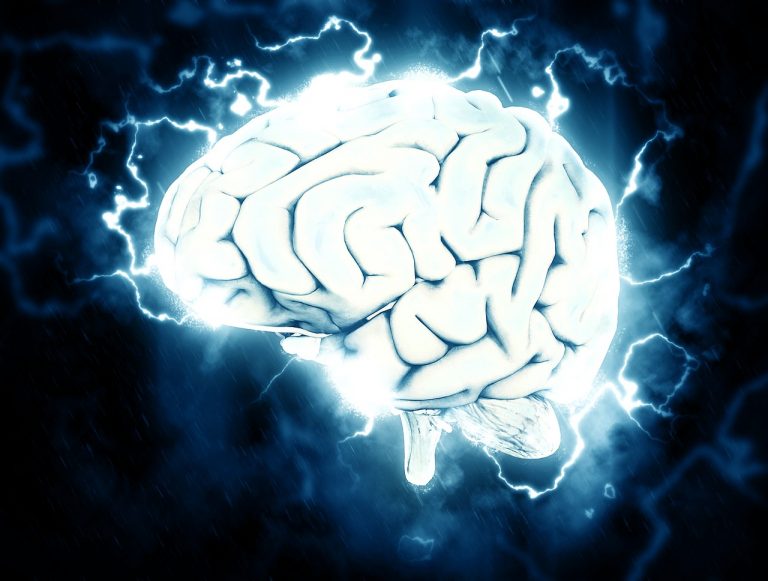In an article published on December 6, 2017, in the journal Nature, the improvement of mitochondrial defense has been found to reduce the formation of amyloid plaques characteristic of Alzheimer's disease. Mitochondria, or a kind of "cell power plant", produce energy used by the body and brain. Unprotected mitochondria can increase the susceptibility of the brain to damage and the development of Alzheimer's disease (or other neurodegenerative disorders).
"In this study, we provide bioinformatic and experimental evidence of the preserved mitochondrial stress response signature present in diseases associated with beta-amyloid proteotoxicity in humans, mice and Caenorhabditis elegans, which includes mitochondrial, developed protein responses and mitochondrial pathways," write Vincenzo Sorrentino and colleagues. "Using the animal model (insect) of beta-amyloid-beta beta-toxicity, GMC101, we summarized the mitochondrial features and confirmed that the induction of this mitochondrial stress response was necessary to maintain proteostasis and mitochondrial health."
"Mitochondrial defense and recycling routes are essential in every organism, from C. elegans worm
to people - we all use them, " explains Dr. Sorrentino. "So we decided to activate them pharmacologically."
Researchers assessed the antibiotic doxycycline and vitamin nicotinamide riboside (NR), which can activate mitochondrial developed protein response systems and mitophagy in the animal model of Alzheimer's disease. They observed improved health, performance and life expectancy, and
smaller amyloid plaques when compounds were administered to worms compared to untreated insects. The benefits of using these substances have also been seen in human neuronal cells. When NR was tested in the mouse model of Alzheimer's disease, the mitochondrial and cognitive functions improved and platelet formation was significantly reduced.
"Until now, Alzheimer's disease has been largely a consequence of the accumulation of amyloid plaques in the brain," said J. Auwerx. "We showed that restoring mitochondrial health reduces platelet formation - but above all, it also improves brain function, which is the ultimate goal of all researchers and patients suffering from Alzheimer's disease. "
"Targeting the nicotinamide riboside mitochondria and other molecules that stimulate them
defense and recycling systems can be beneficial. Many medicines, most of which are aimed at
reducing the formation of amyloid plaques, failed "- added Dr. Sorrentino.
Further, in-depth studies are needed to fully assess the impact of these substances on health and brain function.
Source: https://www.nature.com/articles/doi:10.1038/nature25143






